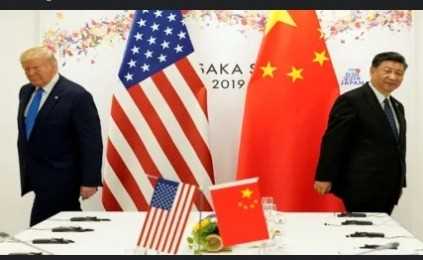
U.S. Treasury Secretary Scott Bessent and Chief Trade Negotiator Jamieson Greer are set to meet China's economic tsar, He Lifeng, in Switzerland this weekend for what could be a pivotal moment in de-escalating a trade war that has disrupted global markets and strained diplomatic ties.
The Geneva meeting, announced by Washington late Tuesday, boosted investor confidence. U.S. equity index futures climbed following the news, with Chinese and Hong Kong stock markets echoing the positive sentiment during Asian trading on Wednesday.
This marks the first high-level engagement between the two economic superpowers since tensions reached boiling point. Recent tit-for-tat tariff hikes have pushed import duties between the U.S. and China to more than 100%, with Bessent comparing the current state of trade relations to an "embargo."
The stakes are high. The ongoing trade conflict has rattled global supply chains, shaken financial markets, and stoked fears of a broader economic downturn. U.S. President Donald Trump’s recent decision to impose sweeping tariffs on dozens of countries, in addition to China, has only intensified the uncertainty.
Sources familiar with the preparations said the Geneva discussions are expected to cover a range of critical issues, including broad tariff reductions, product-specific duties, export controls, and Trump’s controversial move to scrap de minimis exemptions for low-value imports.
“My sense is this will be about de-escalation,” Bessent told Fox News. “We’ve got to de-escalate before we can move forward.”
China’s commerce ministry confirmed it had agreed to re-engage with U.S. officials, citing “global expectations,” domestic interests, and the concerns of American industries and consumers. The announcement marks a shift in tone from Beijing, which had previously refused talks unless the U.S. lifted its tariffs.
Related Stories
Although China’s official rhetoric remains firm—reiterating opposition to what it calls the “abuse” of U.S. tariffs—the decision to attend the Geneva meeting hints at a willingness to compromise. Analysts believe the move is strategic rather than submissive.
“There’s almost certainly also an element of signaling to the U.S. government ahead of the upcoming meeting,” said Christopher Beddor, deputy China research director at Gavekal Dragonomics. “Chinese officials are trying to show they are not negotiating from a position of weakness.”
China’s central bank on Wednesday announced fresh monetary stimulus, including rate cuts and liquidity injections, aimed at cushioning the economic blow from the tariffs. The country’s vast factory sector has already borne the brunt of the trade war, with analysts forecasting a sharp economic slowdown and job losses of up to 16 million, according to Nomura.
The Geneva talks come amid a broader flurry of U.S. trade diplomacy. Since announcing a 10% blanket tariff on most countries in early April—set to rise in July without new deals—the Trump administration has opened negotiations with 17 major trading partners.
Trump has also slapped 25% tariffs on autos, steel, and aluminum, with even steeper rates of 145% targeting Chinese goods. China has retaliated with tariffs of up to 125% on American products. The European Union is preparing its own countermeasures.
Despite mixed signals from the Trump administration, Bessent suggested some deals could be announced this week. Progress has reportedly been made with the U.K., Indonesia, and other partners.
“For more comprehensive geopolitical negotiations to be possible, tariffs would need to be lowered first,” said Bo Zhengyuan, partner at Shanghai-based consultancy Plenum. “The key is whether both sides can agree on the extent and scope of tariff rollbacks.”











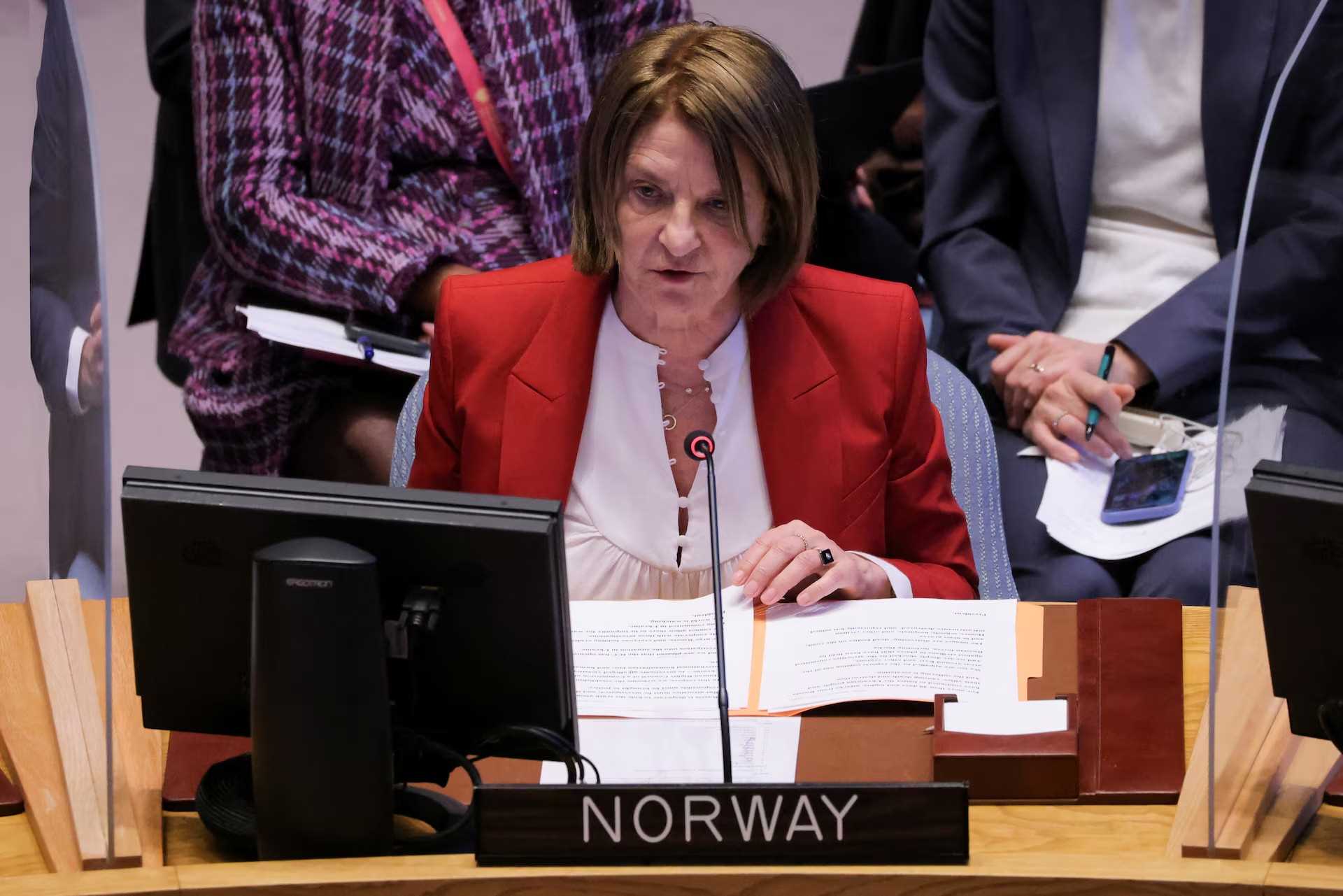



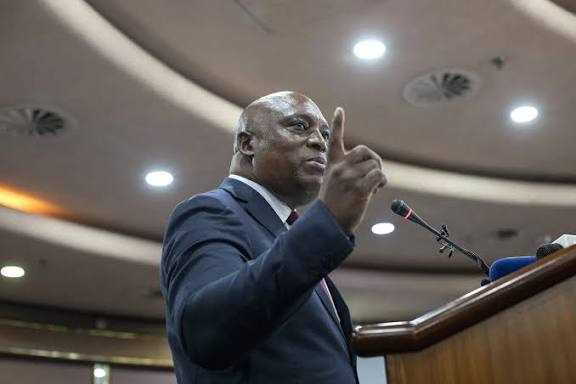
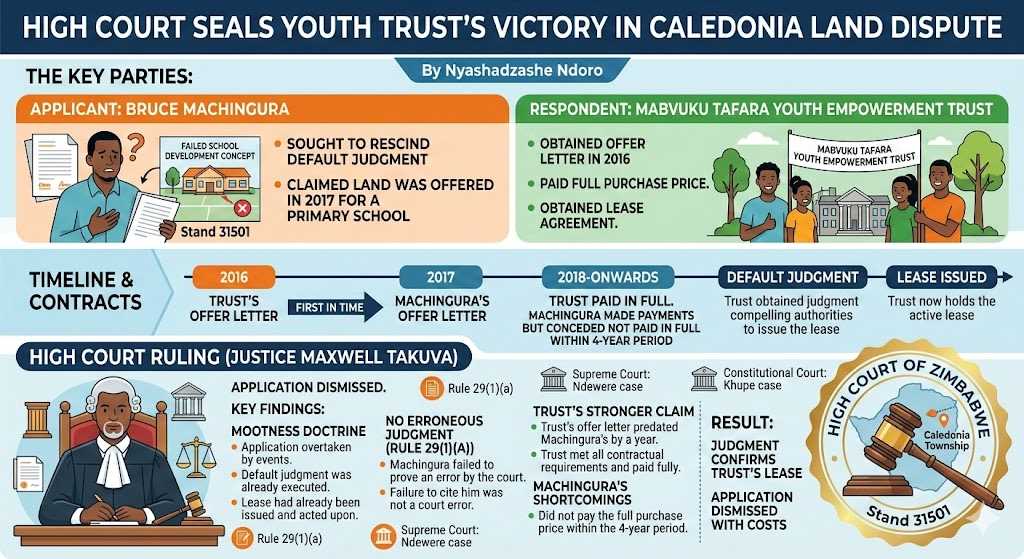
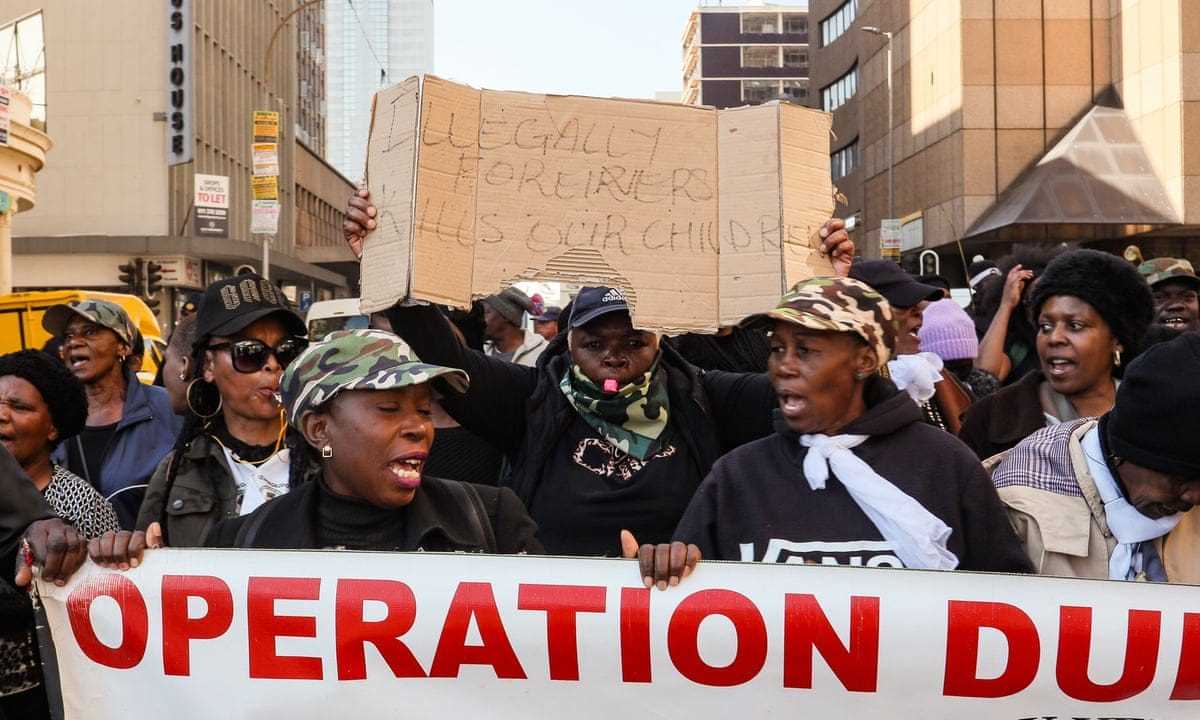


Leave Comments